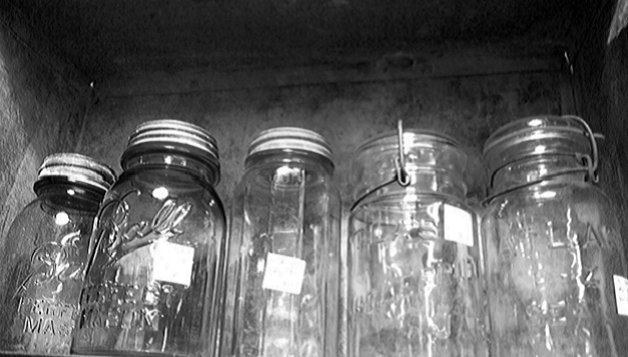Forget social media complaints, a Bill before Parliament could allow NSW Fair Trading to publicly name and shame businesses who’ve been complained about by consumers.
NSW Fair Trading has long kept internal records about businesses who are the subject of the most complaints from consumers, but this information has never been made publicly available. The Bill will give the Commissioner for Fair Trading the power to establish a public register to publish information about businesses who have been the subject of complaints to NSW Fair Trading. The register will be retrospective and apply to complaints made before the Bill’s enactment.
Details of what would feature on the register are still being finalised, including the number of businesses who should be listed and how often it will be published. It is likely to include the names of businesses that are subject to the most complaints, but will not disclose consumer identities. NSW Fair Trading has already conducted a public survey to aid the development and design of the register and is continuing to consult with key industry and consumer groups to ensure there is a good understanding of how the register will work.
NSW Minister for Innovation and Better Regulation, Victor Dominello, has said that a public complaints register will help to create “a fairer and more competitive marketplace through open data” because such data can be used to improve services, create new business models and foster innovative approaches to dealing with customers.
Consumers are placing increased weight on customer feedback to make informed decisions. There are many successful ratings websites through which customers can post feedback, such as TripAdvisor and Urbanspoon, which have reportedly had an important impact on trader behaviour and customer choices. Open performance data is also published on websites like ‘My School’ and ‘MyHospitals’. However, if the Bill is passed, NSW Fair Trading will be the first general consumer protection agency in Australia to establish a public complaints register facilitated by legislation. It is likely this initiative will prompt other consumer protection agencies to consider doing the same. Consumer advocates such as CHOICE, the NSW Customer Service Commissioner, NSW Information and Privacy Commissioner and the Consumer Action Law Centre, have expressed strong support for the initiative.
Whilst not covered in the Bill, we would hope that to be fair and effective, any complaints register developed by Fair Trading should necessarily involve some form of verification and vetting, to ensure that complaints are genuine but also that they are not frivolous or vexatious.
If the Bill is passed, businesses should seriously review their complaints handling policies, procedures and staff training to determine if they are effective or could be improved and to maximise the number of complaints being resolved at first instance rather than being escalated to third party agencies or regulators. A formal complaints register has the potential to generate widespread negative publicity and long-term reputational damage, in addition to prompting regulators to investigate and take action in relation to perceived systemic issues. Therefore investing time and resources in the internal management of complaints is worthwhile.
Photo credit: Doug / Flickr








